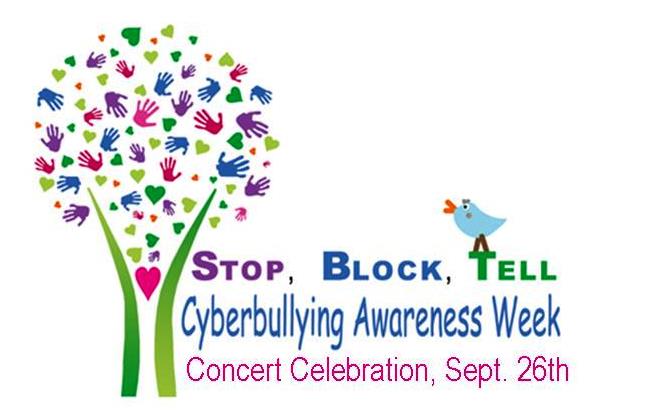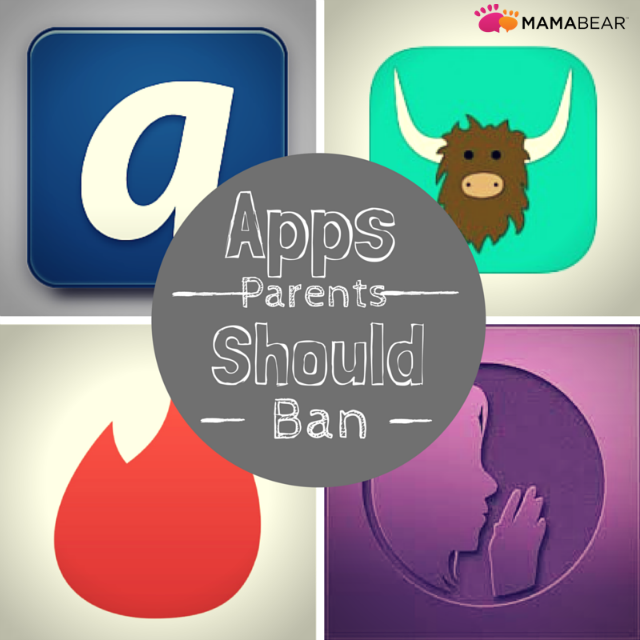When you see your child texting or chatting online, you may assume they are communicating with friends and family. But that may not always be the case.
A study from Cox Communications found that 69% of teens regularly receive personal messages online from strangers. Many parents may be unaware of this because only 21% of teens who receive messages from strangers tell a trusted adult.
Kids aren’t talking about encounters with online strangers, but parents need to.
Know the Facts
If you think your child is safe from online stranger solicitation, you are wrong. The San Diego District Attorney (SDDA) reported that over 45 million children ages 10-17 use the Internet, and among them:
- close to 60% of teens have received an e-mail or instant message from a stranger, and half have communicated back
- one in five has been sexually solicited
The odds that your child or teen has encountered a solicitation from a stranger online are high, and there is also a chance that those messages were inappropriate or lewd.
Restrict Stranger Chat Sites
There are a few social sites that promote chatting with strangers. Parents should familiarize themselves with those sites so they can recognize if their children are using them.
- Omegle – Randomly connects users with strangers and allows them to chat via text or video chat. It is known to often include sexual material.
- Imeetzu – Randomly connects users with strangers, requires no registration, and permits text, video, and group chats.
- Tohla – Opens chat windows within the site for chatting one-on-one with strangers.
- Bazoocam – Is an international chat site that pairs users with strangers for video chat sessions.
Parents should consider banning these sites, so their children fully understand the danger associated with communicating through these channels.
Educate Yourself on Chat Lingo
Because some kids and teens don’t fully understand the dangers of talking to strangers online, they may engage in this behavior. If they know you disapprove, they may attempt to hide it. So educate yourself on the chat lingo they may use to hide their conversations.
ChatSlang has a full list of terms that parents should recognize. Among them:
- 9 or C9 – Parent in room
- CD9 – Parents are watching
- SPROS – Stop parents reading over shoulder
- KPC – Keeping parents clueless
- ASLP – Age/Sex/Location/Picture
These are only a few of the acronyms kids use to attempt to keep their parents in the dark. So keep an eye out for any unusual acronyms and question your child if you don’t understand their messages.
Take Safety Precautions
Educating yourself on the dangers of online stranger encounters is the first step in protecting you kids. The next step is educating your kids, and that means talking to them about it.
Related: Protecting Kids from Internet Stranger Danger
The SDDA reports that, “71% of parents stop supervising Internet use by their children after the age of 14, yet 72% of all Internet-related missing children cases involve children who are 15 years of age or older.”
It’s important to continue to protect and educate your children even into their teens. Keep lines of communication open so they feel comfortable coming to you in the event a stranger contacts them online, and stay connect with apps like MamaBear Family Safety (available for iPhones and Andriods) that helps you see who is talking to your kids in social media environments.



